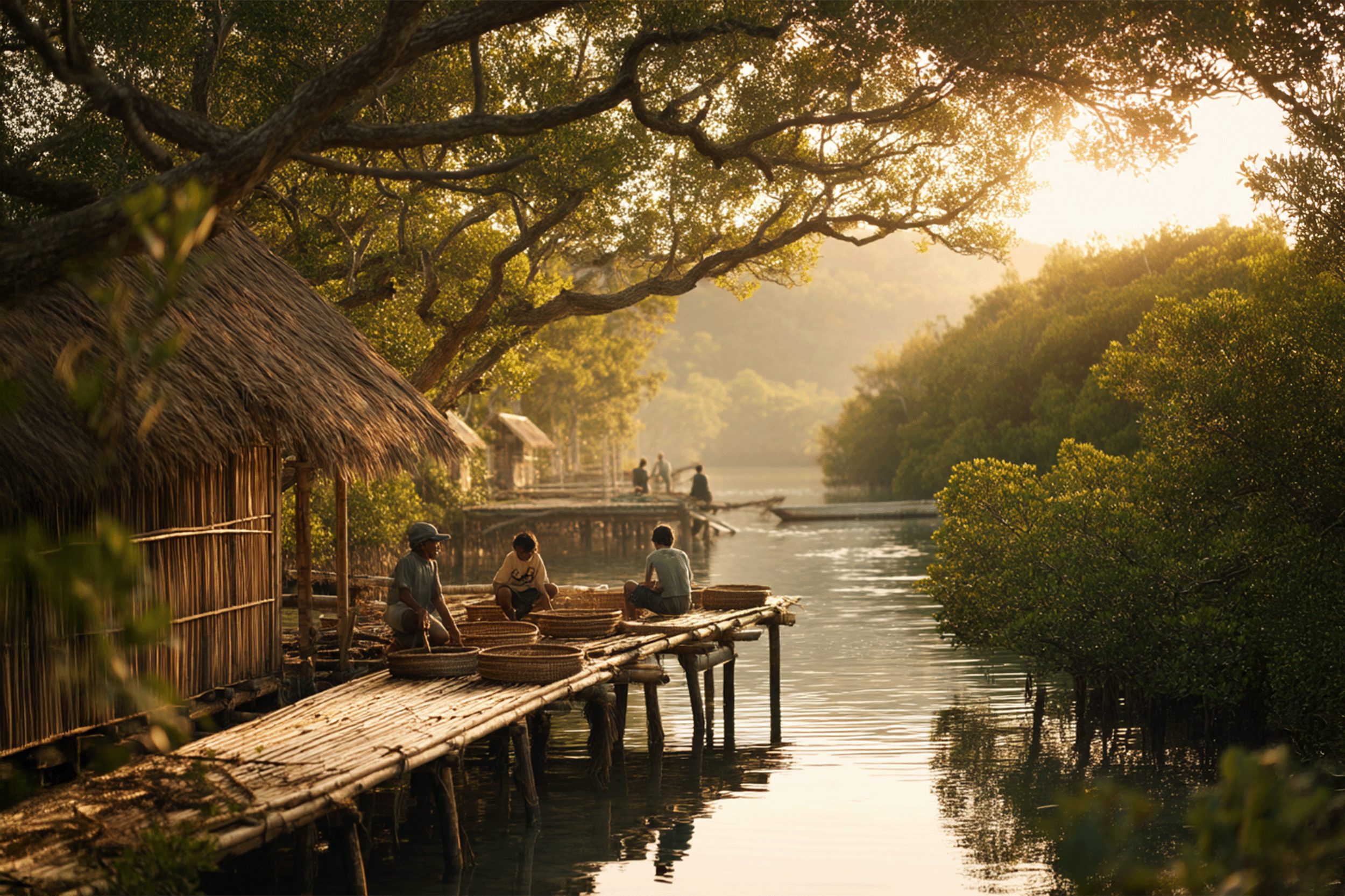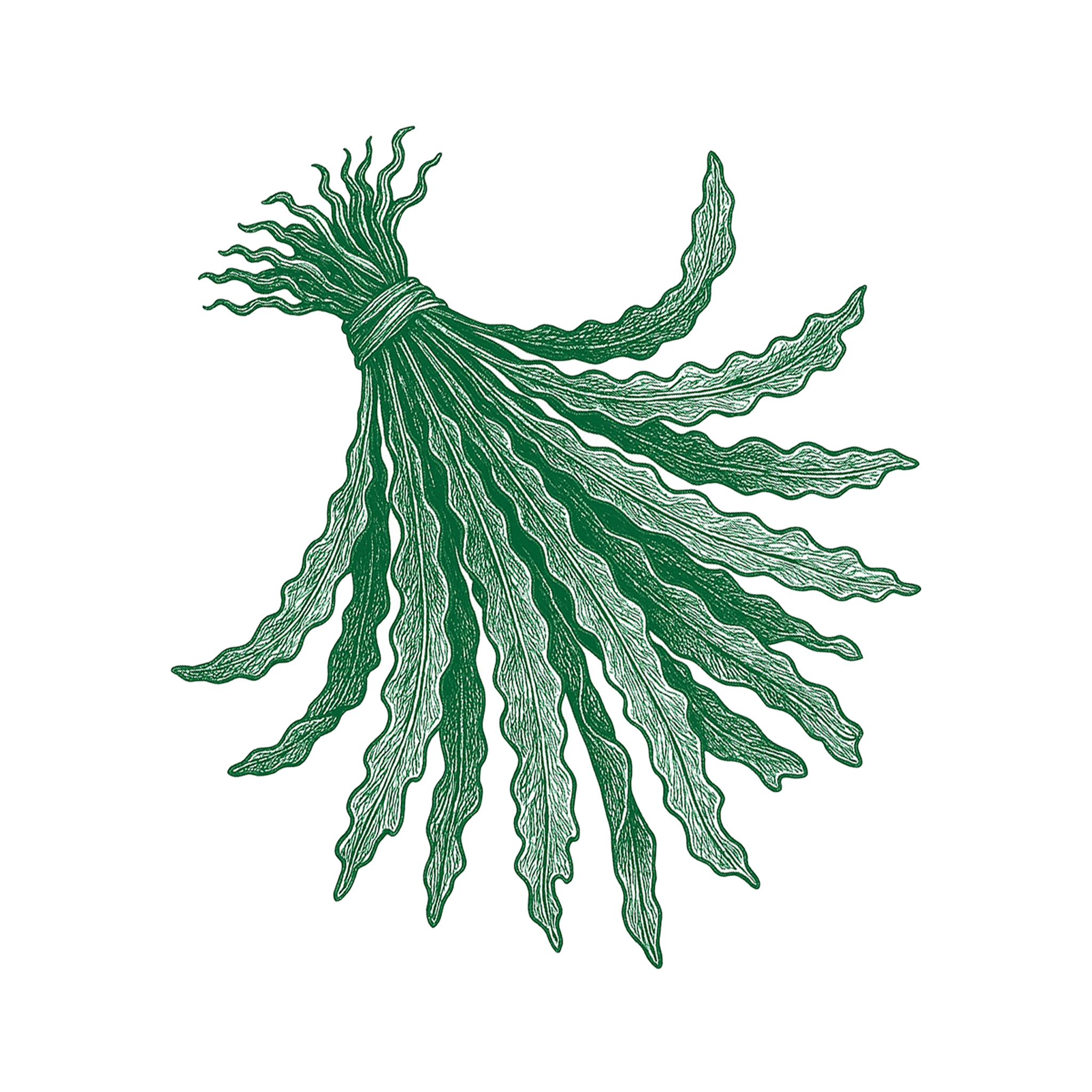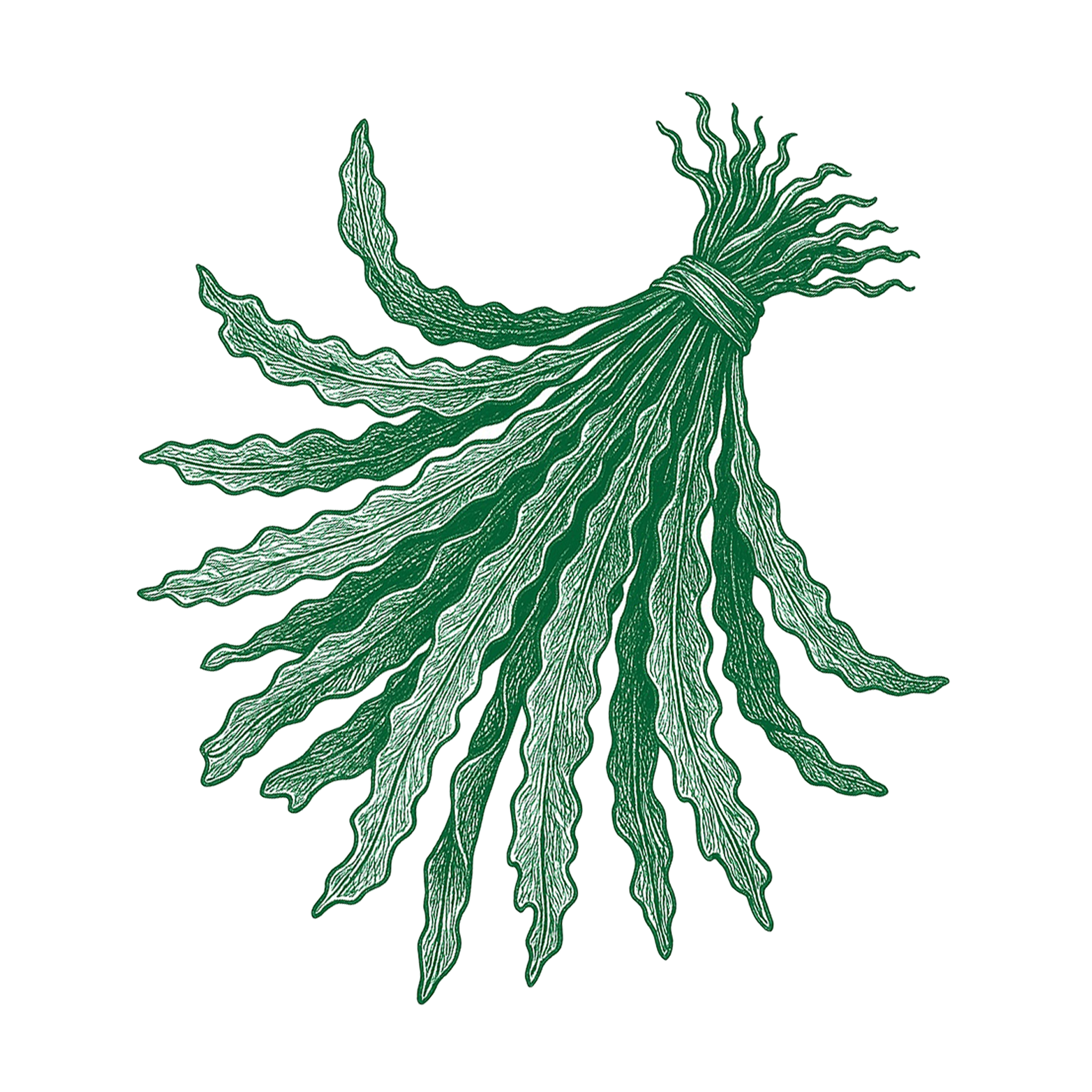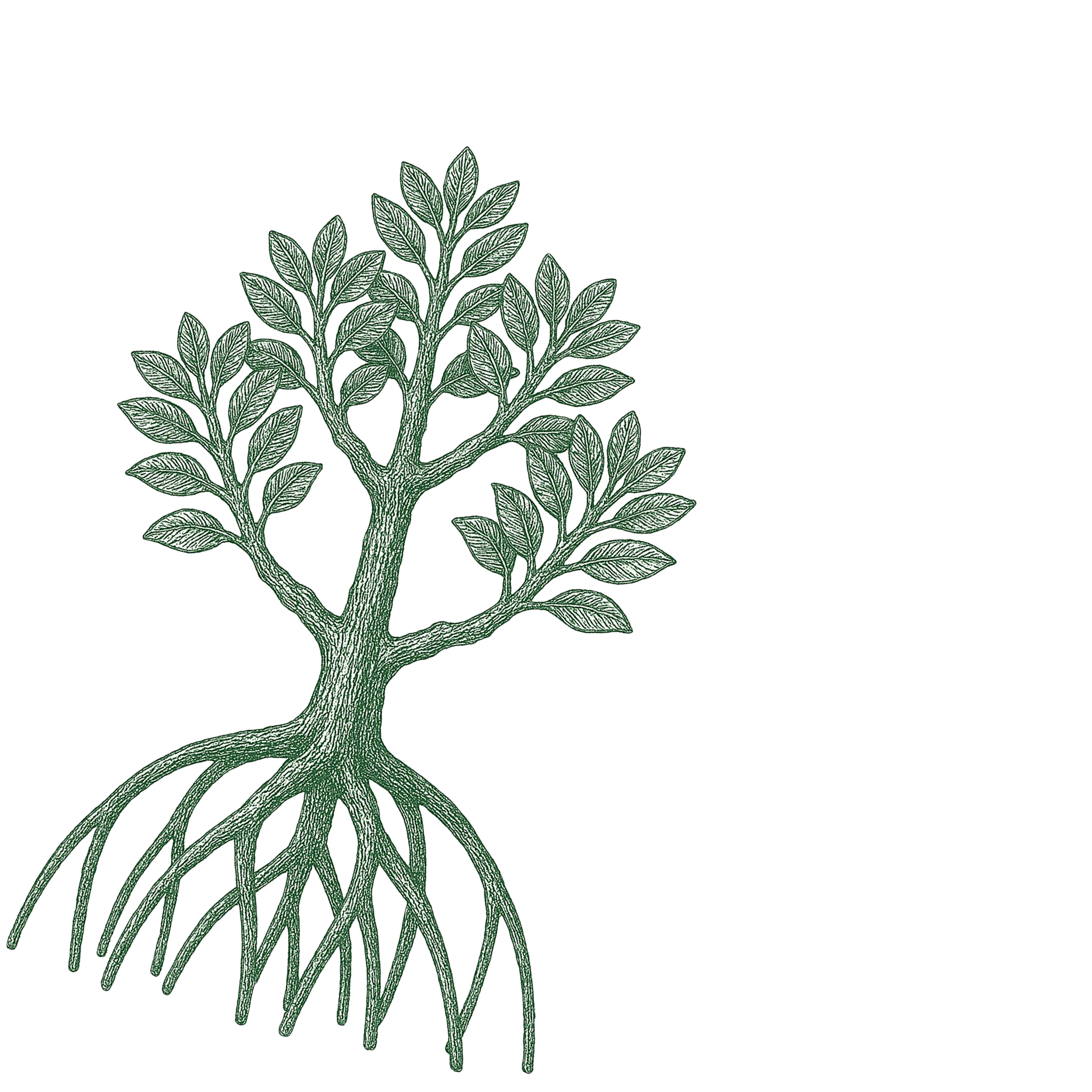Building Sustainable Livelihoods Together with the community

Sustainable crab farming is helping coastal communities build stronger economies and protect local ecosystems. Here’s how PhycoNor supports that balance.

Sustainable crab farming is helping coastal communities build stronger economies and protect local ecosystems. Here’s how PhycoNor supports that balance.




PhycoNor partners with coastal communities to farm portunid crabs in ways that are both environmentally responsible and socially inclusive. Through training, local employment, and shared stewardship of marine resources, these partnerships promote long-term resilience for people and ecosystems.






In many coastal regions, traditional fishing alone is no longer enough to sustain families. Overfishing, climate change, and economic pressures have made alternative income sources essential. Sustainable aquaculture—done right—offers a solution.
PhycoNor’s work with portunid crab farming is designed not just to produce high-quality seafood, but to provide reliable, dignified livelihoods for those who live closest to the resource.
We start by listening. Each community brings local knowledge about tides, habitats, and marine species that is essential to successful aquaculture. By combining this with technical training and access to quality inputs, we help local farmers build systems that are productive, low-impact, and manageable long-term.
Whether it’s floating cages, mangrove-based systems, or small-scale hatcheries, our models are tailored to fit the local context.
Empowering coastal communities means making space for participation across all groups. Women and youth are often underrepresented in marine industries, yet they play critical roles in maintaining farms, managing logistics, and contributing to household income.
PhycoNor supports inclusive training programs and business models that give everyone a stake in the success of the farm.
Every farm site is assessed for ecological compatibility. Portunid crabs are cultivated using sustainable methods that avoid overfeeding, habitat disruption, or pollution. Many farms operate near or within healthy mangrove zones, creating a natural synergy between crab production and habitat preservation.
We ensure that farming methods strengthen—not stress—local ecosystems.
Our commitment to communities is long-term. From capacity building to ongoing technical support, we work to ensure that the benefits of aquaculture stay in the hands of local families. In doing so, we foster stewardship: when communities see the value of their marine resources, they are more invested in protecting them.
PhycoNor believes that the future of aquaculture lies in local leadership, environmental integrity, and shared prosperity.





